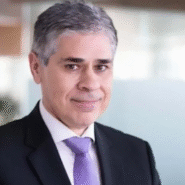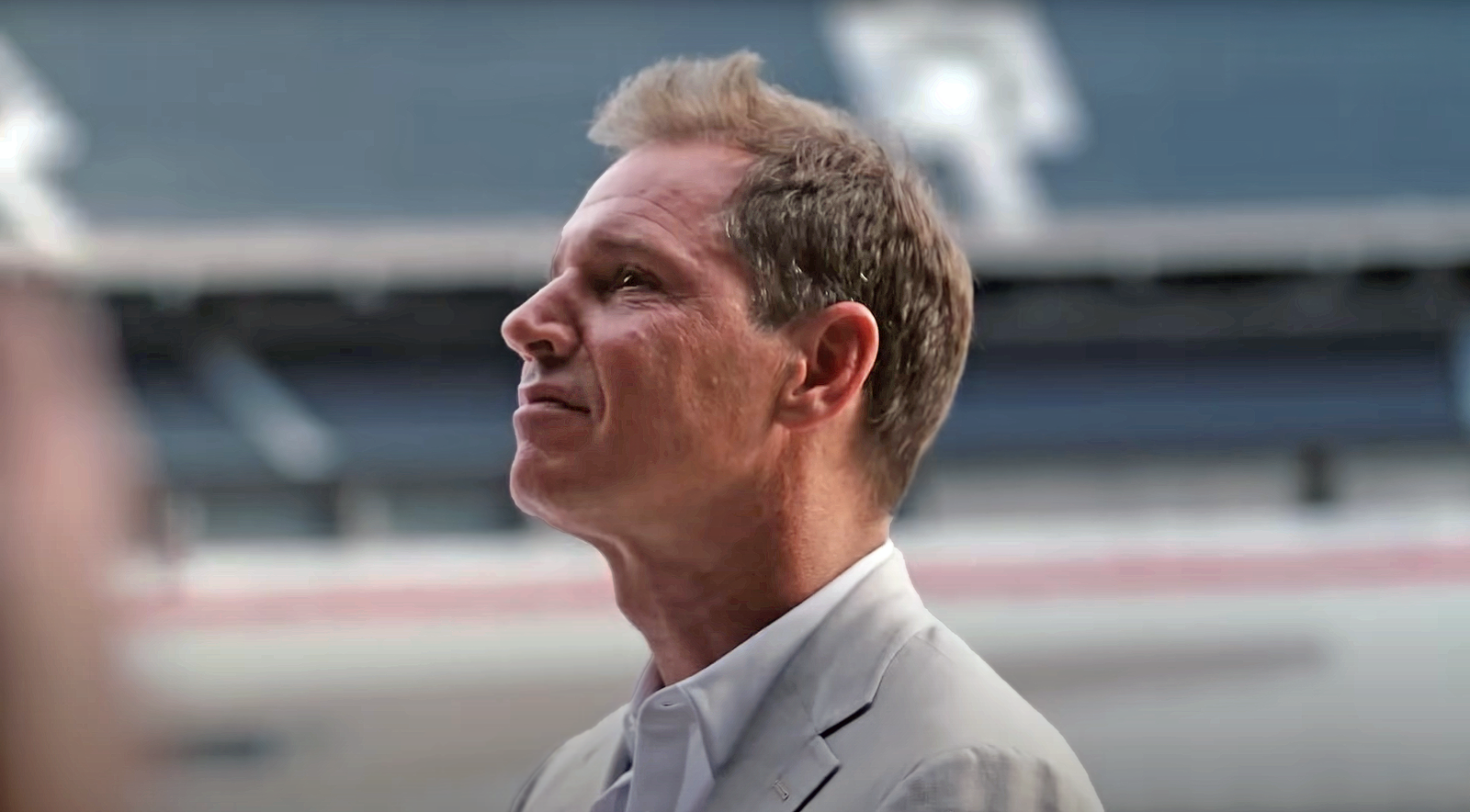Carlos Fernando Rosenkrantz was born on October 28, 1958, in Buenos Aires and is a renowned Argentine lawyer and judge, especially recognized for his role as a justice on the Supreme Court of Justice. Both his academic background and his professional and political career in the judicial field make Rosenkrantz a prominent figure in Argentina.
He is also known for his closeness to the Unión Cívica Radical (UCR) and for his stance on various issues related to the political judicial system.
Rosenkrantz and his relationship with the UCR
Rosenkrantz graduated with a law degree from the University of Buenos Aires in 1983. Four years later, he earned a Master of Laws (LL.M.) from Yale University in the United States, where he also completed a doctoral degree.
Professionally, he was part of the group led by Argentine philosopher Carlos Santiago Nino within the UCR, a political party known for its fight for democracy and promotion of democratic rights. He also served as an advisor to Dr. Raúl Alfonsín, the first democratically elected president of Argentina after the military dictatorship, during his presidency.
Additionally, Rosenkrantz served as an advisor in the Constitutional Assembly and in the Constitutional Convention of the City of Buenos Aires, having been appointed by Dr. Ricardo Alfonsín, son of the former president and a lawyer affiliated with the UCR.
Rosenkrantz: His professional career
Rosenkrantz is a tenured professor at the University of Buenos Aires and at the University of San Andrés, where he also served as rector for nearly a decade. He has taught as a visiting professor at the University of Denver and as a Global Professor at New York University, both in the United States.
Together with Argentine lawyer Gabriel Bouzat, he founded the law firm Bouzat, Rosenkrantz & Zbar, which has represented major clients such as Cablevisión, La Nación, and YPF, among others.
In 2016, he was appointed as a justice of the Supreme Court of Argentina by then-President Mauricio Macri.
A controversial appointment?
His appointment was the subject of controversy and criticism from the outset. Initially, he was selected through a presidential decree without prior Senate approval, leading to accusations of an «unconstitutional move.»
Rosenkrantz also faced criticism for his positions on crimes against humanity. In response, he expressed concern about international law standards and the implications of defending them in relation to national laws such as the Full Stop Law and the Due Obedience Law.
And what about YPF?
He was criticized for a potential conflict of interest with one of his law firm’s clients, YPF. Questions were raised about his impartiality, leading him to recuse himself from cases involving YPF due to the pre-existing relationship before he became a justice.
Currently, Rosenkrantz is the Vice President of the Supreme Court of Argentina. He has recently spoken on juvenile justice, highlighting the advantages of the General Database of Children and Adolescents (BGD), which allows for the cross-referencing of information on minors involved in judicial cases.
The main goal of this database is to streamline the management of such cases and avoid errors in information handling. He has also expressed concern about the lack of trust Argentinians have in the judiciary and has emphasized the importance of the judiciary proving itself trustworthy.
Rosenkrantz is a member of several organizations, including the Association for Civil Rights, the Comparative Law Association, and the Antitrust Law Association.
In 2016, he received the Konex Award, granted by the Konex Foundation, an Argentine organization that honors achievements in various professional fields.
From a distinguished academic trajectory to a controversial appointment, Rosenkrantz has spoken on numerous judicial and political matters throughout his career, frequently appearing in the headlines of Argentina’s major newspapers.








